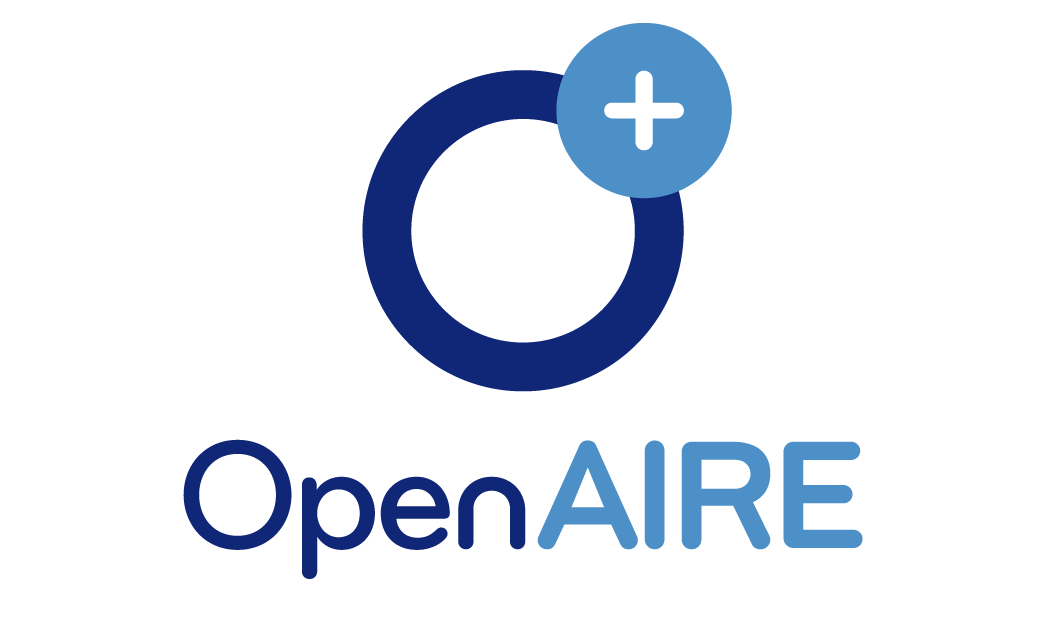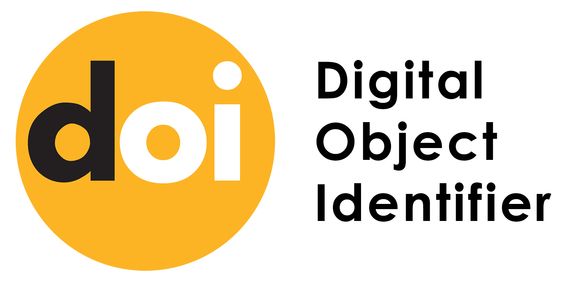USING EXTENSIVE READING PROGRAMS TO ENHANCE LANGUAGE SKILLS IN ESL/EFL LEARNERS
Keywords:
extensive reading (ER), language skills development, reading fluency, vocabulary acquisition, ESL/EFL learners, second language acquisition (SLA), self-selected readingAbstract
Extensive Reading (ER) programs, which encourage students to read large amounts of material at their own level and pace, have become an increasingly popular tool in language education. This article explores the impact of ER on the four core language skills—listening, speaking, reading, and writing—and provides insights into implementing successful ER programs.
References
1. Ahmed, R. A. I., & Rajab, H. (2015). Enhancing elementary level EFL students’ reading comprehension and writing skills through extensive reading enrichment program. International Journal of English Language Education, 3(2), 28-43.
2. Lee, S. Y., & Hsu, Y. Y. (2009). Determining the crucial characteristics of extensive reading programs: The impact of extensive reading on EFL writing. The International Journal of Foreign Language Teaching, 5(1), 12-20.
3. Mermelstein, A. D. (2014). Improving EFL Learners' Reading Levels through Extensive Reading. Reading Matrix: An International Online Journal, 14(2).
4. Sheu, S. P. (2003). Extensive reading with EFL learners at beginning level. TESL Reporter, 36, 19-19.
5. Syamsuddin, M. R. (2021). The role of extensive reading in improving general English proficiency. PJEIS: Parahikma Journal of Education and Integrated Sciences, 1(1), 25-32.







